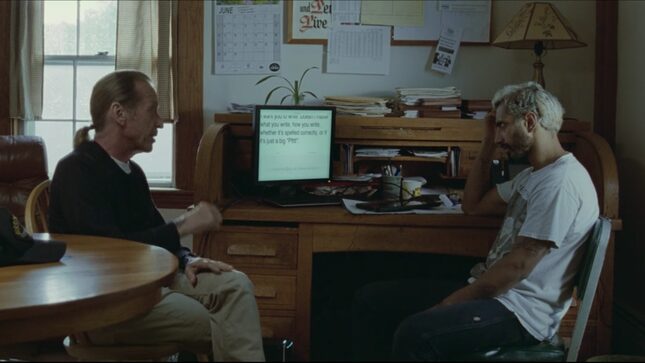

As a child, I was unafraid of the temporal phobias many kids seem to have: snakes, spiders, clowns, heights, dental checkups, the deep end of a swimming pool, bring it on—but I did have one irrational fear: losing my hearing. As a music critic and listener, it is the sense I hold most dearly, and have since childhood. That particular fear is the fate of Riz Ahmed, who stars—along with his very good G.I.S.M., Rudimentary Peni, and Einstürzende Neubauten shirts—in a new film called Sound of Metal, in which he plays the drummer of a noise punk band who loses his hearing and is challenged with learning how to live with deafness, highlighting the physicality of musicianship that frequently goes unexplored when discussing the medium. The movie fucked me up, in the best way possible, and I wholeheartedly recommend it.
-

-

-

-

-

-

-

-

-

-

-

-

-

-

-

-

-

-

-

-

-

-

-

-

-

-

-

-

-

-

-

-

-

-

-

-

-

-

-

-








































